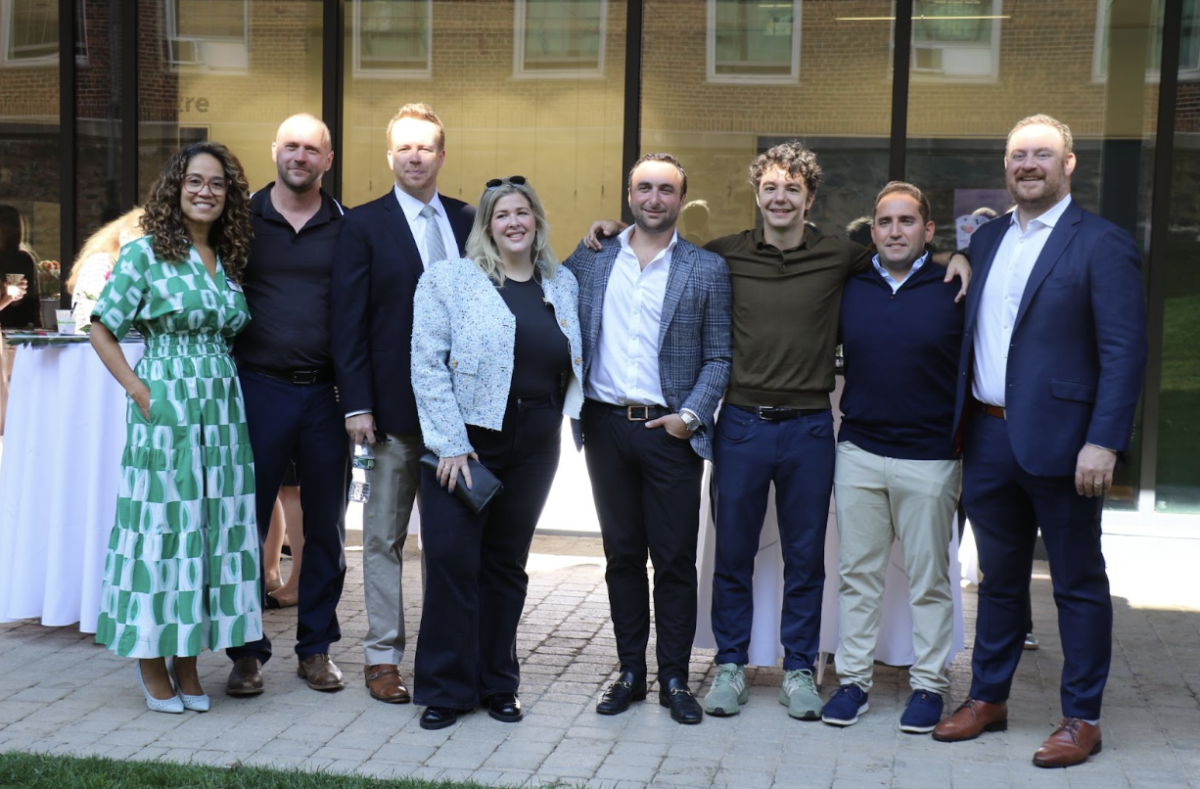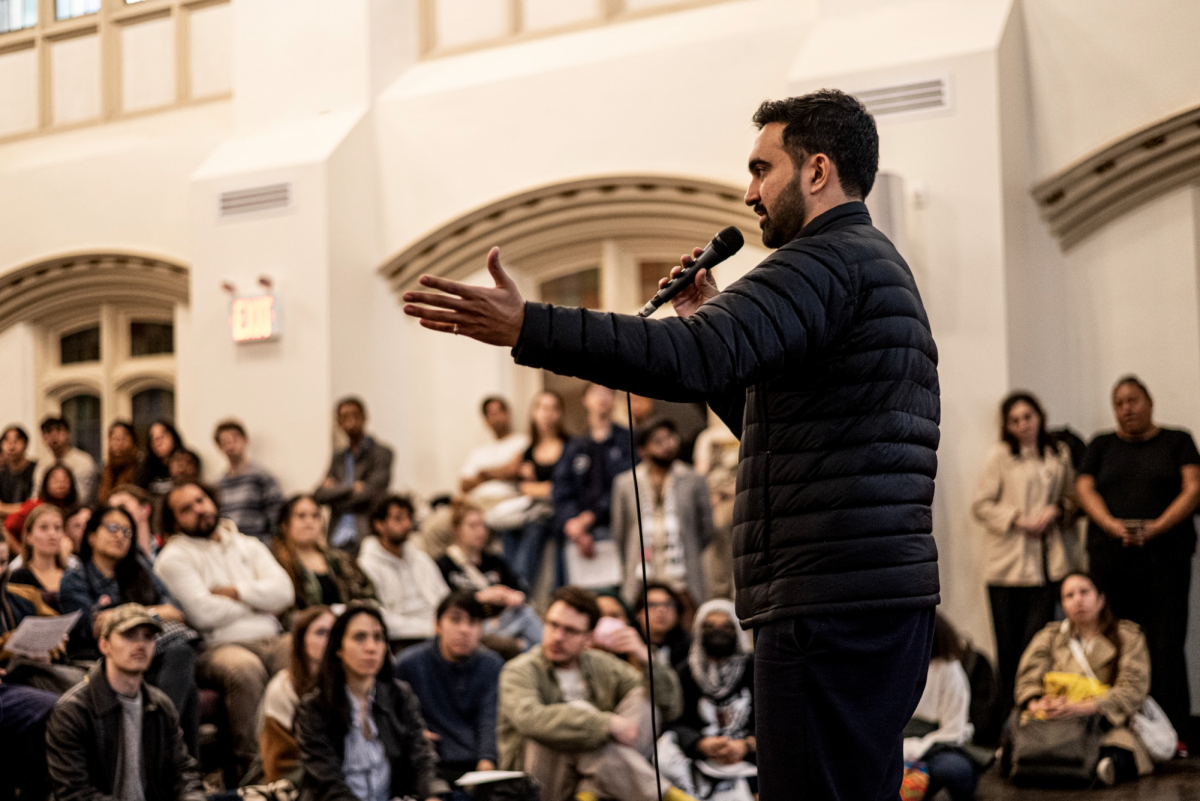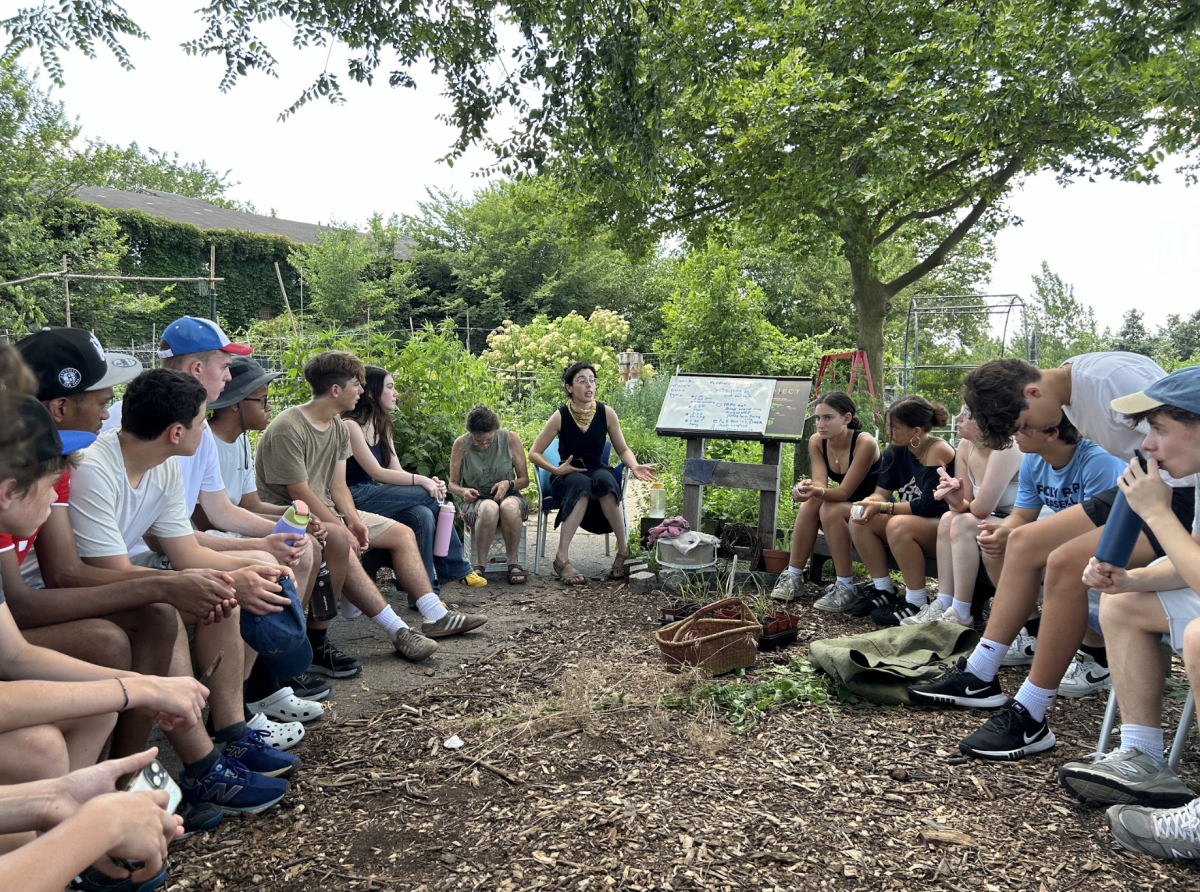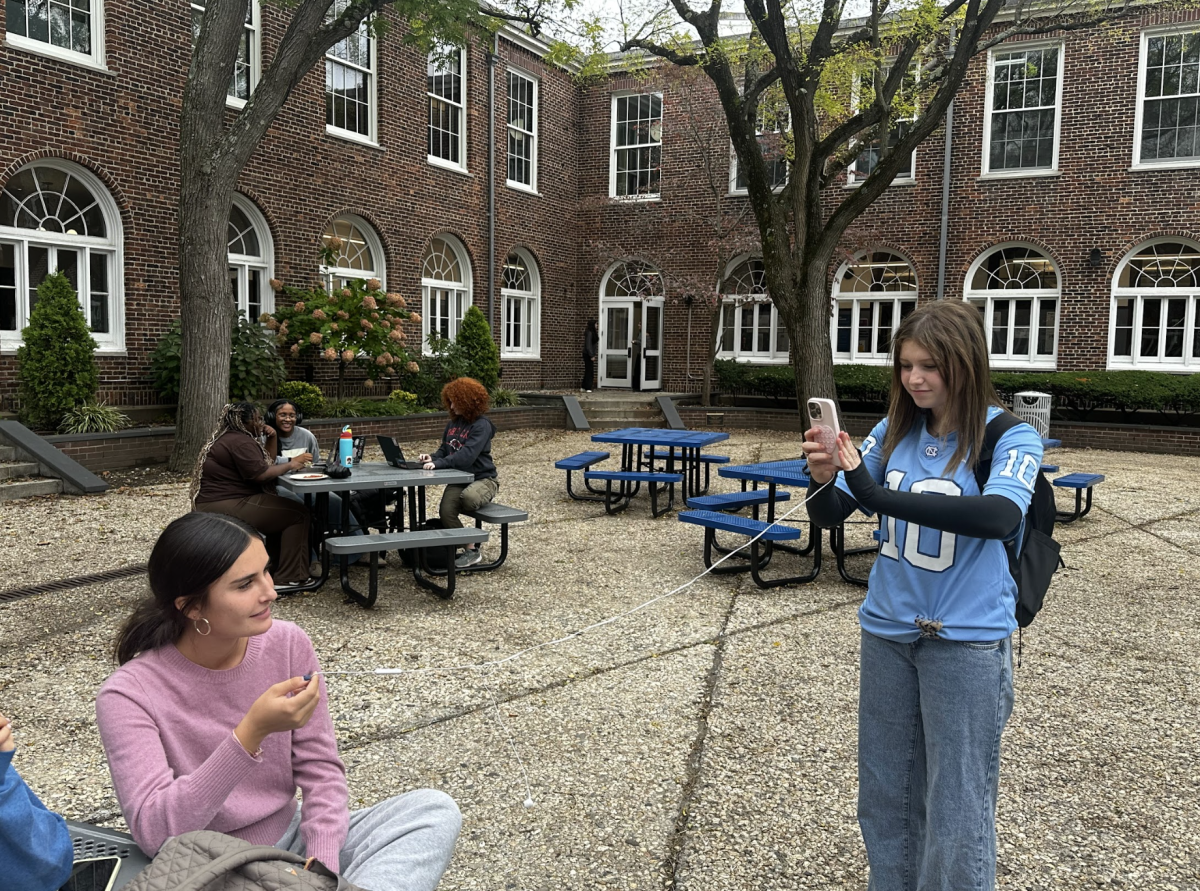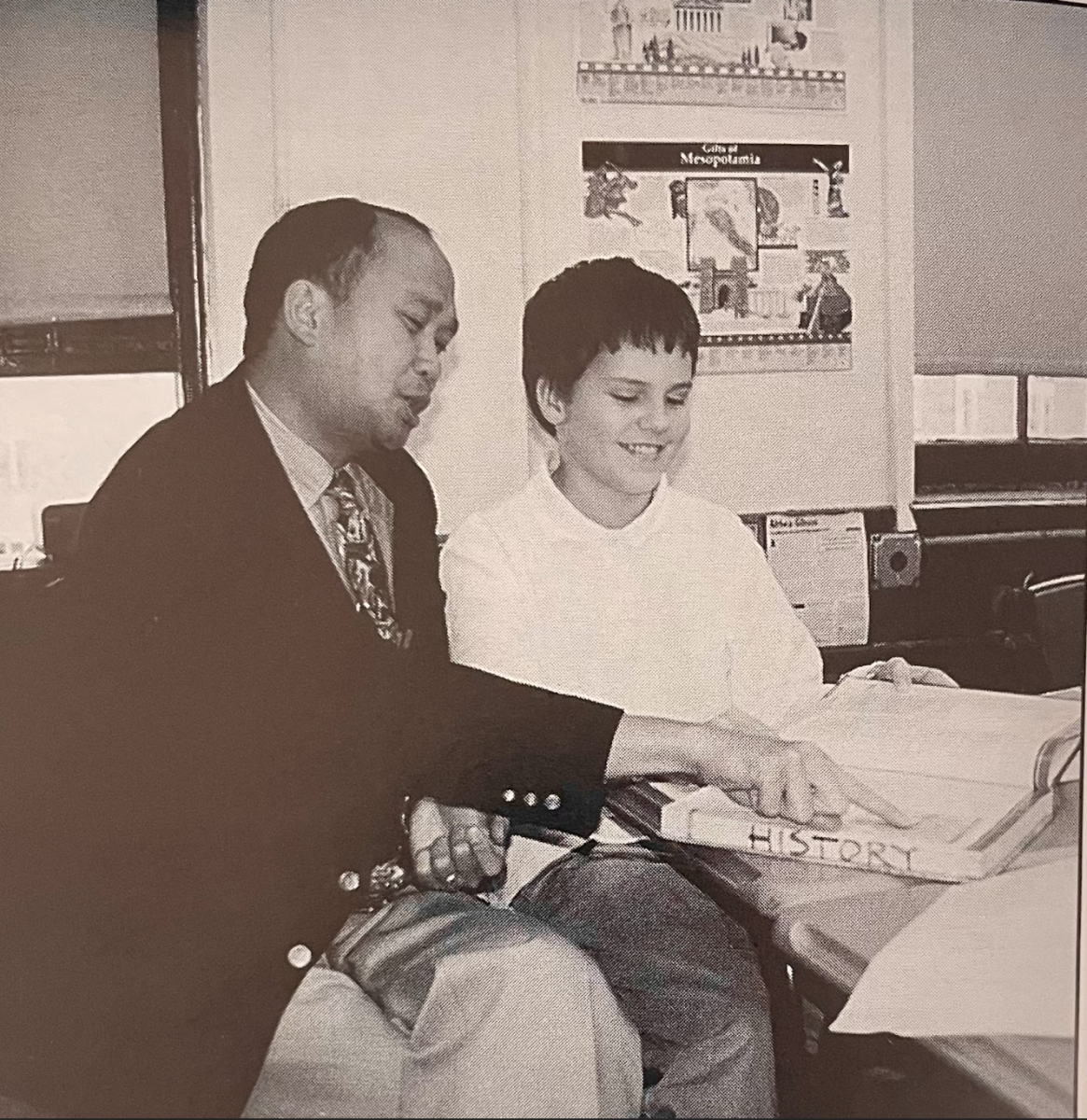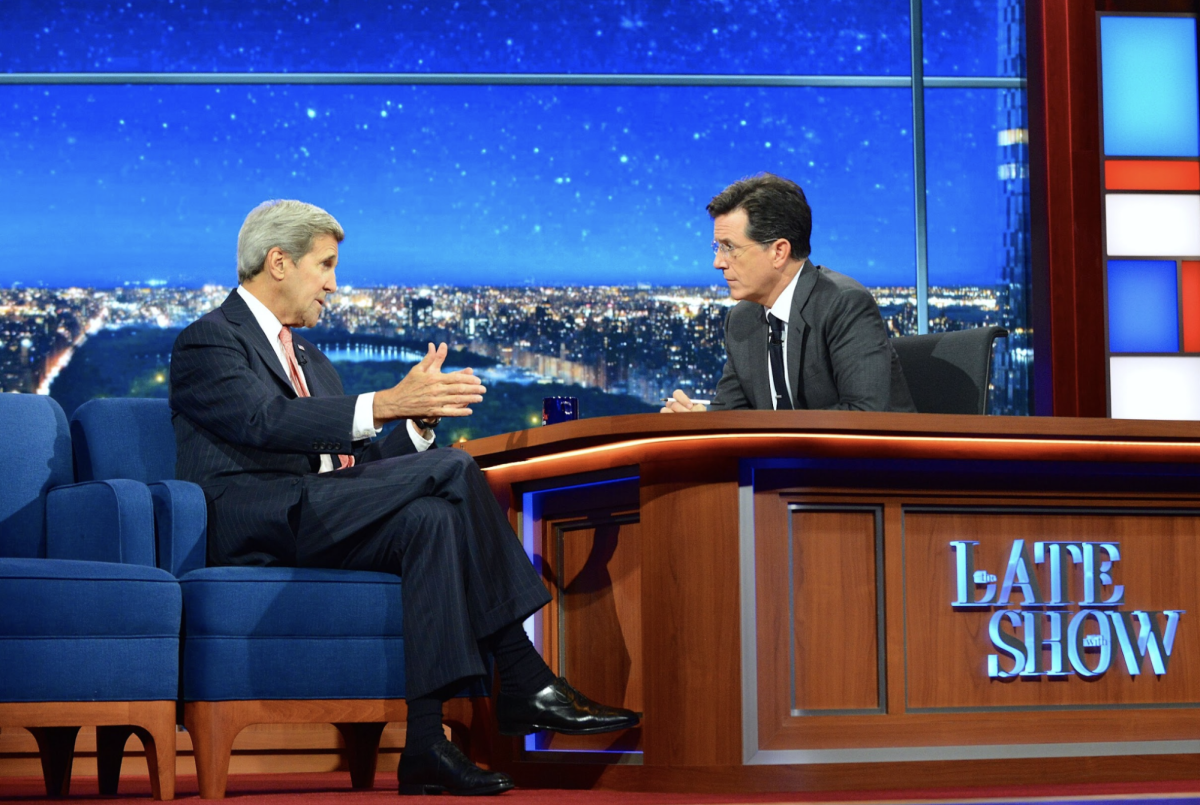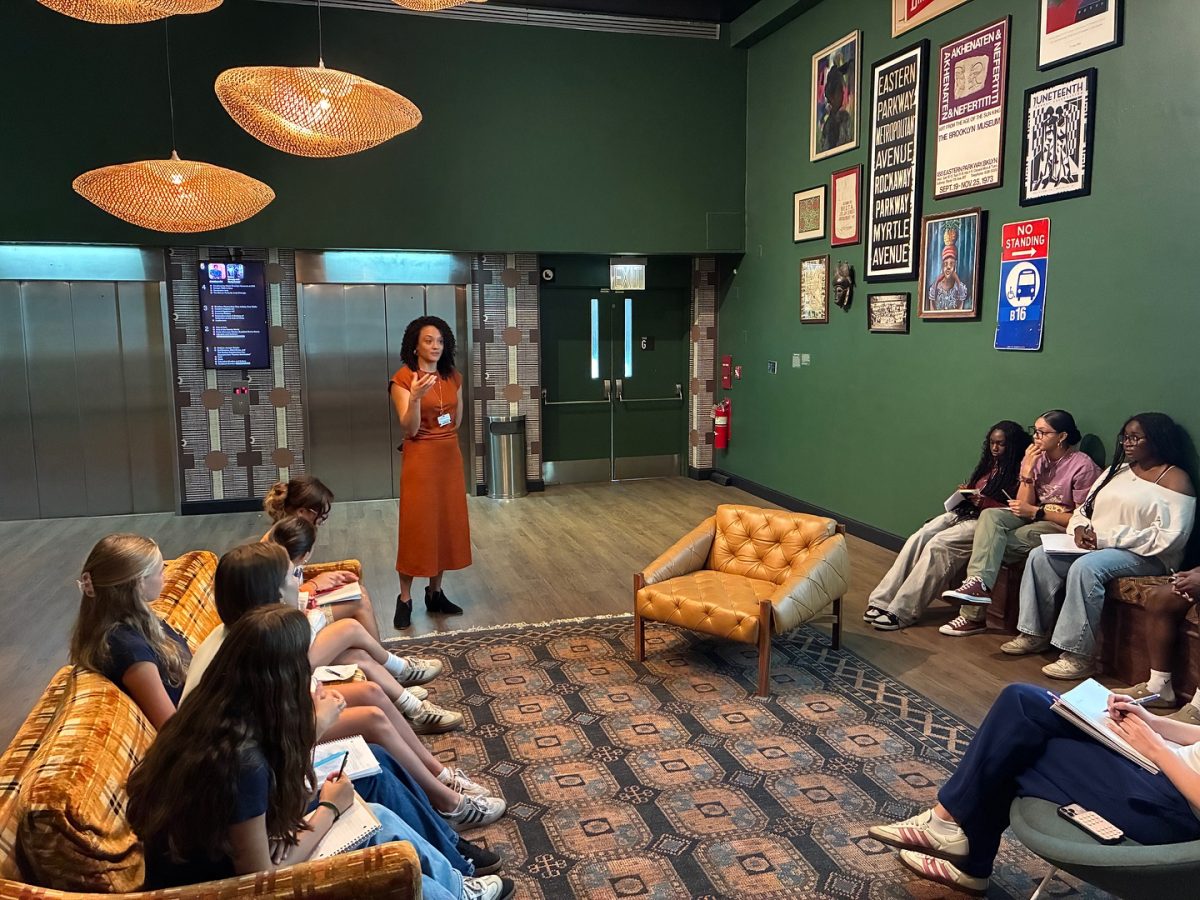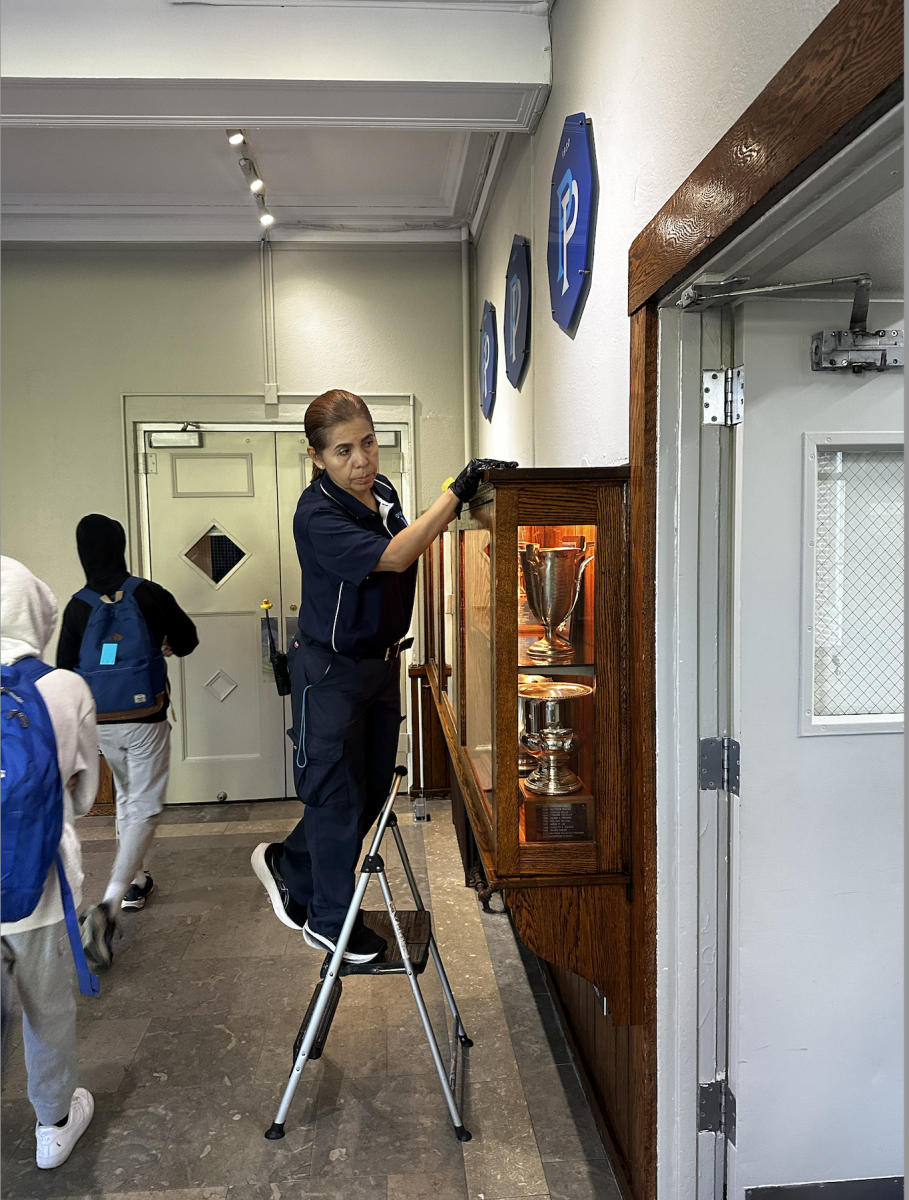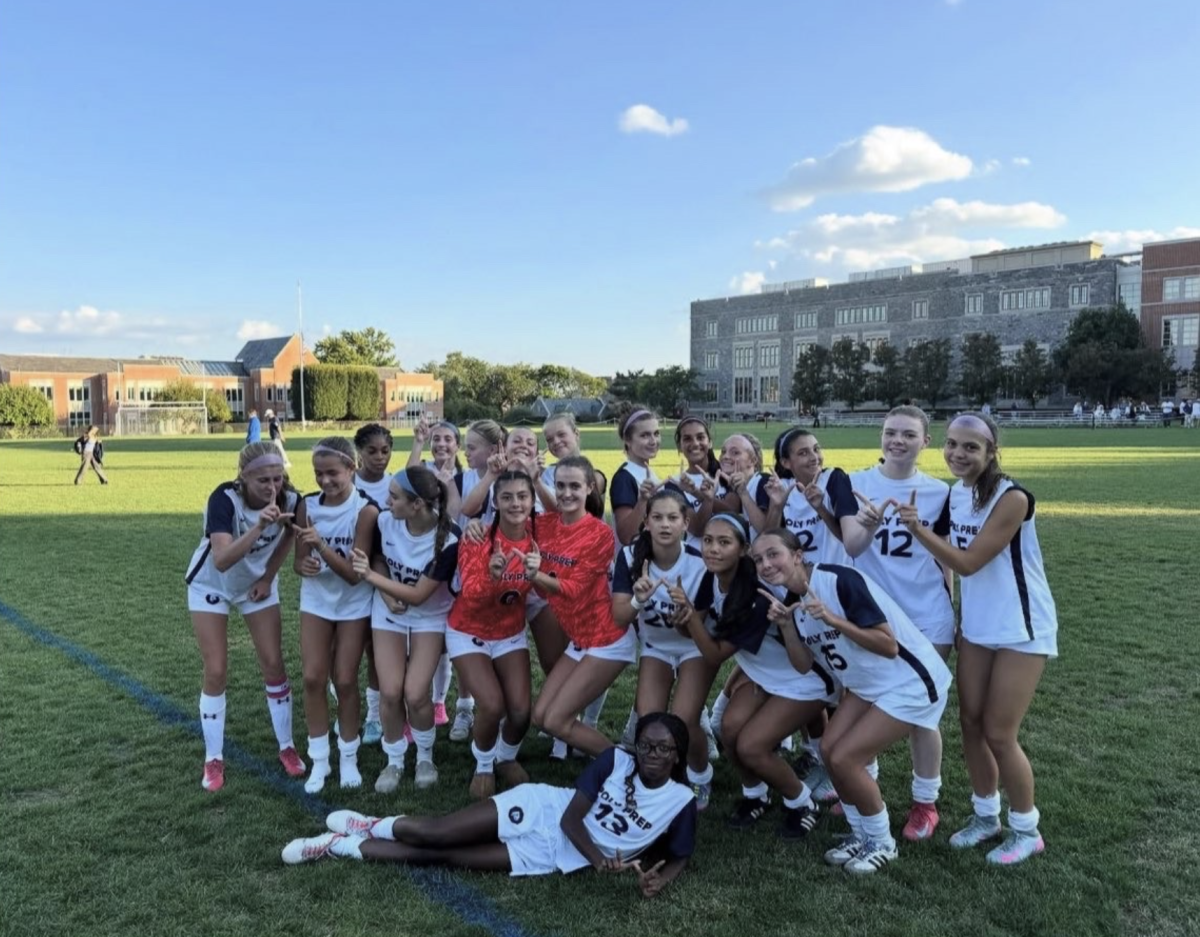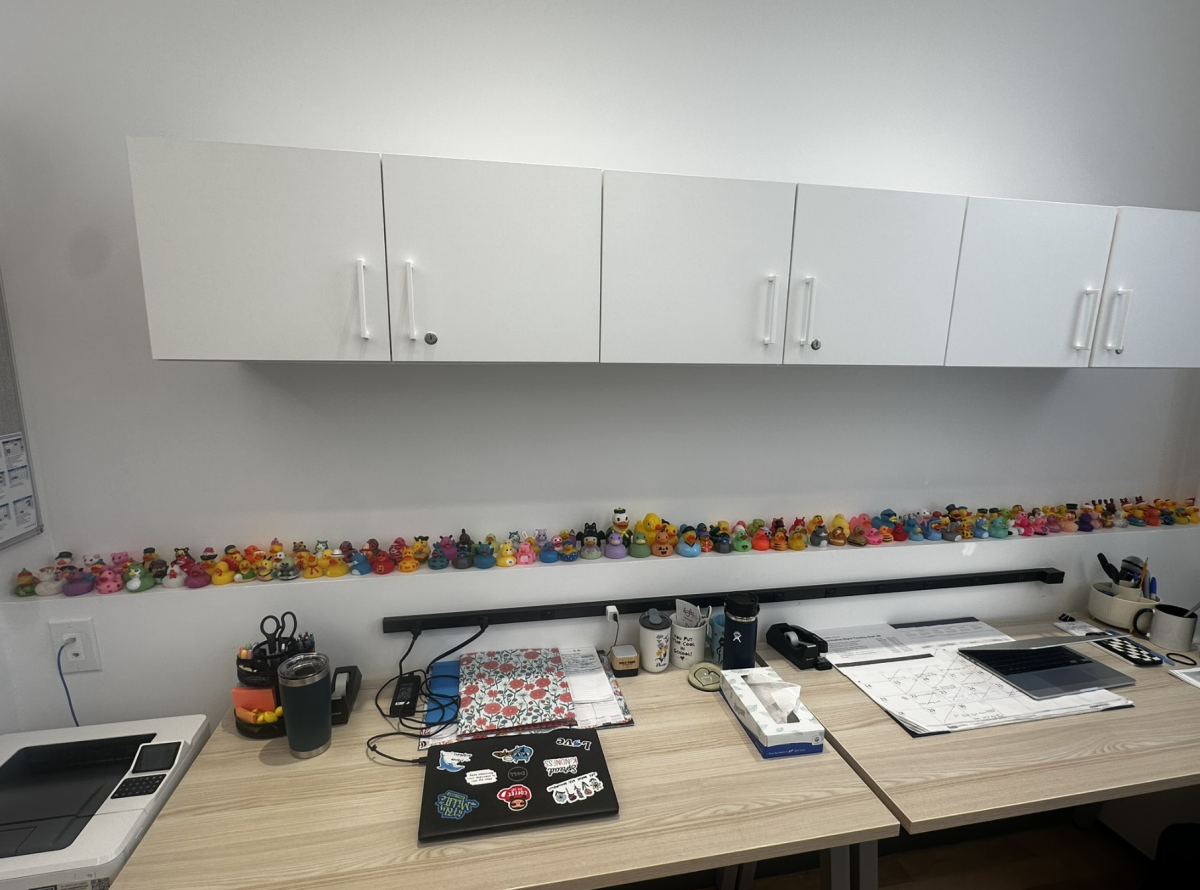Their Eyes Were Watching God is a novel by Zora Neale Hurston that follows a woman named Janie through her three marriages. In the first couple of chapters, through dialogue between Janie and her best friend Phoeby, the audience learns about Janie’s childhood. Hurston describes topics of love and race throughout the book, as she explores race’s impact on relationships and events in the novel. She also dives into the relationship between Janie and her grandmother. Hurston uses these topics throughout the novel very differently from many other authors. One of the components of the novel that separates it from others is the way Hurston writes dialogue. She spells dialogue phonetically, which is a very different style compared to any writer that I and most people have ever read before. These aspects of the novel keep it very distinguished for the reader compared to other novels, but not everyone is fond of Hurston’s writing.
In 1937, at the time of its publication, Hurston’s Their Eyes Were Watching God did not receive as much praise as it does in current times. Many authors, including Richard Wright who wrote Native Son and Black Boy, criticized the book’s lack of social commentary. According to a blog about the book’s reception written by Adam Kamara, Wright claimed that Hurston “intentionally chose to oversimplify and distort the character of African Americans in a way which he thought pandered to racist white audiences.” However, many critics had great things to say of Hurston’s novel such as Ibram X. Kendi, who believes that “Zora wrote for black people,” as he stated in his appearance on MSNBC’s Velshi Banned Book Club. Kendi further describes Hurston as an author with the intention of writing while demonstrating the “complexity of black people, the imperfections of black people.”
One specific perspective on the book that I find most interesting is from Eve Dunbar, who wrote a piece about what she learned from rereading the novel. In one section of her piece, she discusses “new possibilities for the look of black love.” Dunbar shows one of the great things that Hurston’s novel demonstrates: “that it is possible for all black women, no matter their location or socio-economic status, to be worthy of a love they desire.”
While this book doesn’t tackle race in the way that many are used to, it does have a unique way of addressing the topic. Hurston shows the dreams that are found by Janie, and that can be found for others like Janie. Dunbar puts the beautiful impact of Hurston’s book into a few simple words, “Their Eyes Were Watching God continues to challenge readers to find themselves again and again, just like Janie does.”

